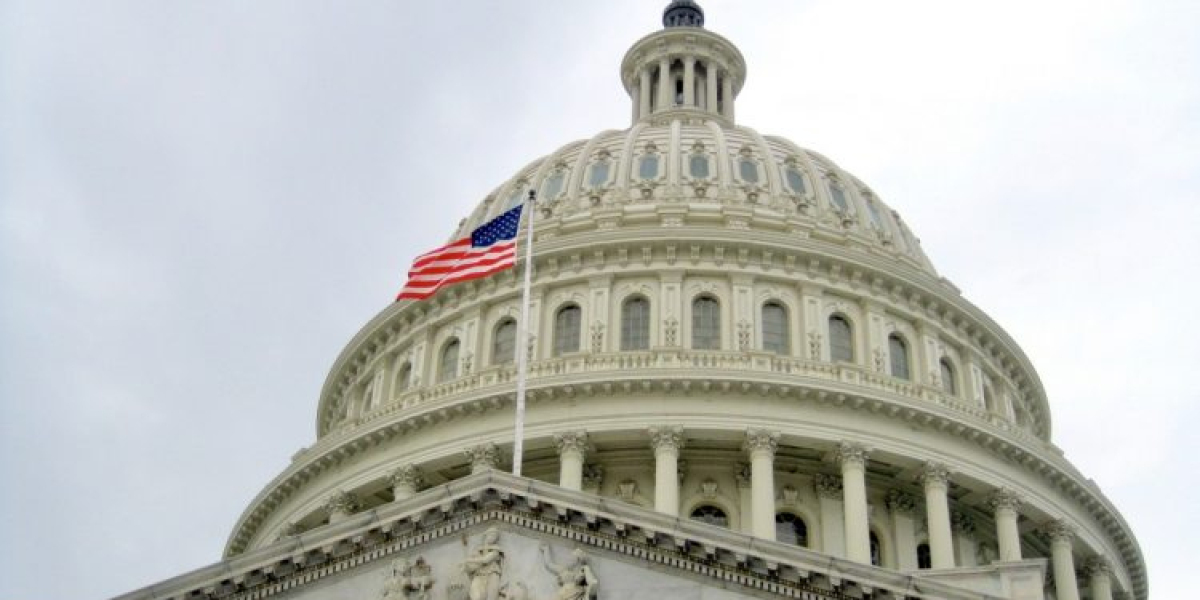Senators Cynthia Lummis and Kirsten Gillibrand reintroduced the Responsible Financial Innovation Act on July 12, aimed at providing a robust and comprehensive regulatory landscape for the fast-growing digital assets industry. Originally tabled a year ago, amidst a tumultuous market crash, the proposed law is returning to the Senate’s agenda to provide clarity on the roles of key regulatory bodies and ensure enhanced consumer protection.
Addressing gaps in crypto regulation
In the wake of high-profile collapses, including that of crypto exchange FTX and South Korea-based Terraform Labs, and the controversies surrounding the jurisdictional oversight of the Securities and Exchange Commission and the Commodity Futures Trading Commission, the re-emergence of the Responsible Financial Innovation Act comes at a crucial juncture. The Act looks to fill the regulatory vacuum that critics say exposes firms to the risk of enforcement actions and other regulatory crackdowns.
Notably, the Lummis-Gillibrand bill will seek to address the gray areas in the US tax code to facilitate self-regulation in the industry. Moreover, the updated legislation also introduces measures to prevent another event akin to the FTX collapse and requires only stablecoin issuers to be depository institutions.
This comprehensive proposal for crypto legislation has been hailed as a beacon of bipartisan consensus when political narratives around crypto have been notably polarized. The reintroduction of the Act not only showcases an earnest effort by lawmakers to address issues related to market structure, stablecoin oversight, and taxation but also puts Lummis and Gillibrand at the forefront of the broader conversation on digital assets.
Given its scope across multiple committees, while the Act sets a promising precedent, it will face challenges. The Senate Banking Committee, in particular, has a history of not passing legislation and houses vocal crypto critics—Chair Sherrod Brown (D-Ohio) and Warren. For the Act to achieve its intended goal, it will need to navigate these complexities and successfully advocate for its inclusion in larger legislative efforts.
The legislation will inevitably provoke further debate and discussion around digital asset regulation, a critical and urgent issue given the industry’s rapid evolution. As Ron Hammond, director of government relations at the crypto trade group Blockchain Association, aptly stated, timing will play a pivotal role in the success of the Responsible Financial Innovation Act and future crypto legislation.







